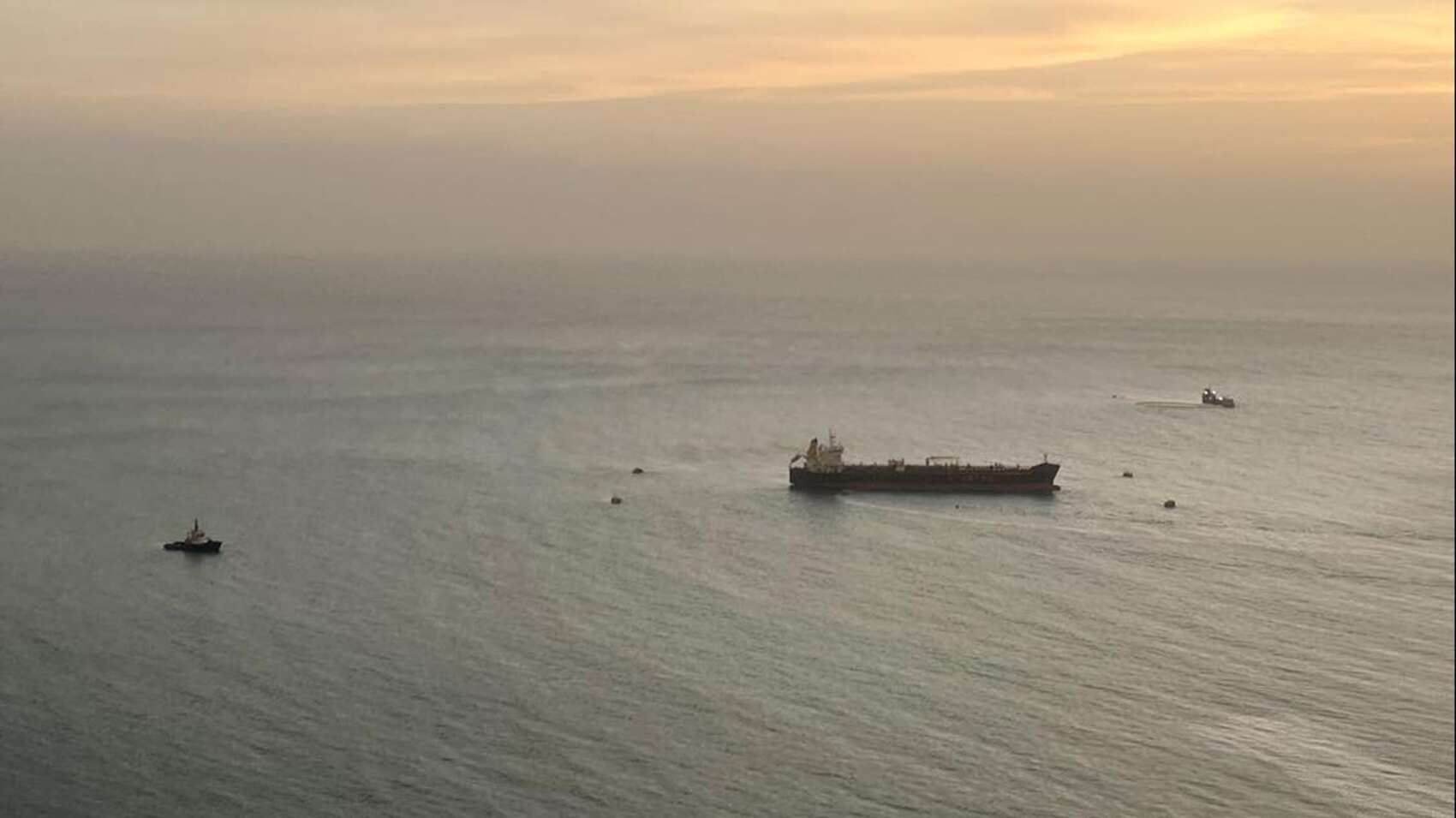

Russia has detained a Greek oil tanker on Sunday after it left a port in Estonia in the Baltic Sea, while sailing on an agreed route in Russian territorial waters, the Estonian Ministry of Foreign Affairs said.
The Liberian-flagged “Green Admire,” which is owned by the Greek company Aegean Shipping, left the port of Sillamae in eastern Estonia on Saturday, carrying a cargo of shale oil, destined for Rotterdam, the Netherlands, according to the Estonian transport administration.
Estonian Public Broadcasting (ERR), citing the administration, said the vessel had been sailing through Russian waters, along an agreed route that had been set up under an agreement between Estonia, Finland and Russia to avoid shallows in the Estonian territorial waters. vessels sailing into and out of the port will now be guided through Estonian territorial waters, the ERR said.
“Today’s incident shows that Russia continues to behave unpredictably,” Margus Tsahkna, the Estonian Foreign Minister said. “I have also informed out [NATO] allies of the event.”
The incident took place after the Estonian navy on Thursday tried to stop an unflagged tanker that was said to be part of a Russian “shadow fleet” of vessels sailing through Estonian waters. Russia responded by sending a fighter jet to escort the tanker,violating Estonia’s airspace.
The “shadow fleet” is meant to help Moscow maintain its crude oil exports to avoid Western sanctions imposed after its invasion of Ukraine.

Last month, dozens of MEPs sent a letter to PM Kyriakos Mitsotakis, urging Greece to “take all necessary measures” to prevent further sales of Greek-owned vessels to entities linked to Russia.
The letter was signed by a cross-party coalition of 36 Members of the European Parliament from several EU member states.
The letter warns that such transactions contribute to sustaining the so-called Russian “shadow fleet,” allowing Moscow to circumvent the G7-imposed price cap on Russian oil exports and maintain critical revenue streams amid its ongoing war in Ukraine.
The MEPs also advocate for tighter restrictions on ship-to-ship transfers—an increasingly common method used to obscure the origin of cargo, including Russian oil—and for stronger disincentives aimed at discouraging Greek maritime companies from engaging in the transport of Russian fossil fuels.
“These actions are critical not only to limit Russia’s financial capacity to continue its war against Ukraine,” the letter states, “but also to mitigate environmental and security threats—risks that Greece, as a prominent maritime nation, has already faced directly.”
The lawmakers reference a recent report by the U.S.-based Brookings Institution, which found that more than half of the vessels in Russia’s shadow fleet were purchased from Western European shipowners—with Greece identified as the largest single source. According to the report, Greek shipowners have earned an estimated $4 billion from the sale of aging tankers that ultimately became part of this opaque network.
